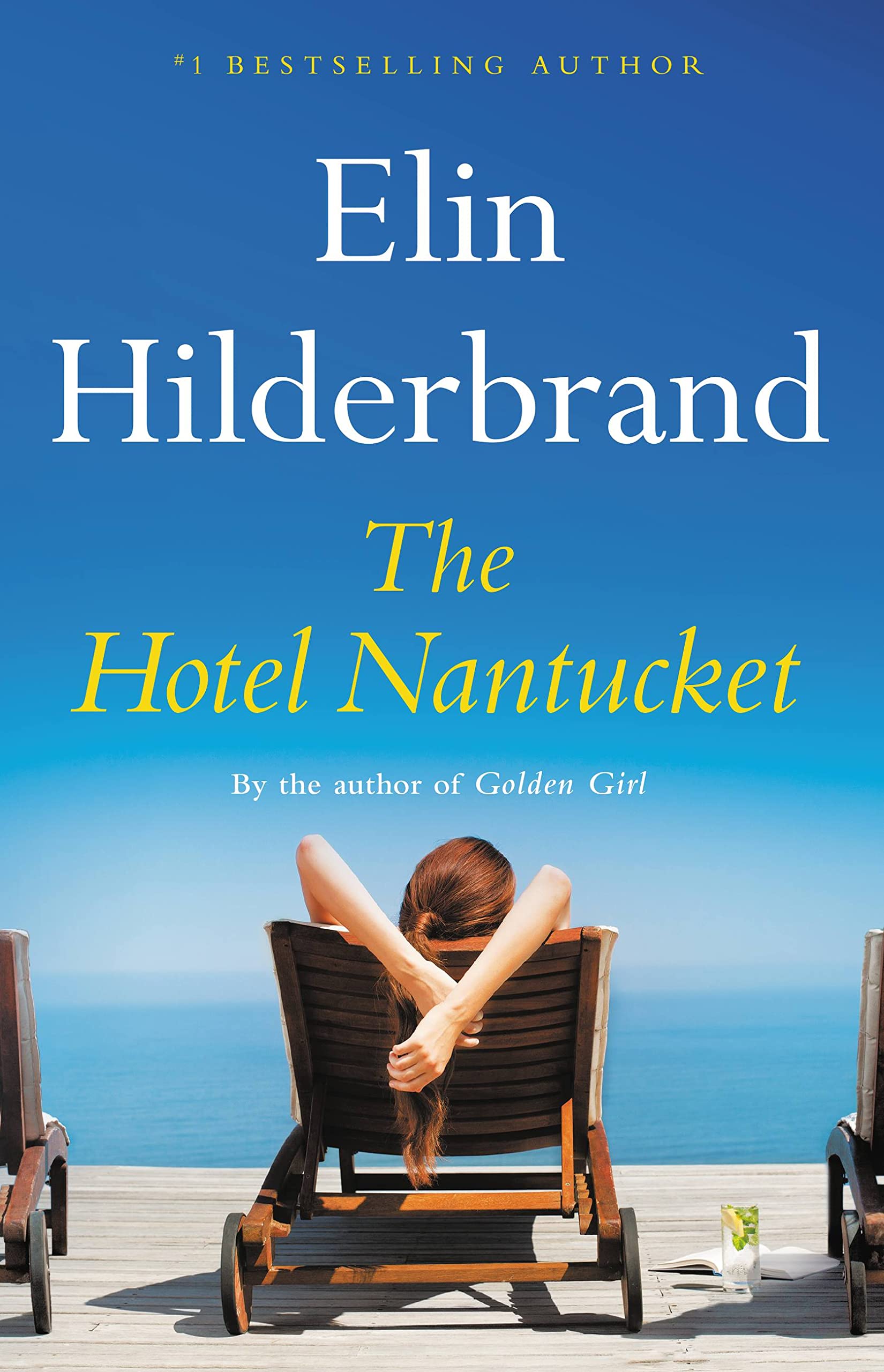
The Hotel Nantucket is a satisfying page-turner about a summer scandal written by Elin Hilderbrand and MGC.
We’ve all seen them (and probably read some of them): novels based on events that actually happened. These books are wildly popular and often very successful. In fact, Oprah Daily recently posted an article titled “25 Novels Based on True Stories” that includes such esteemed titles as The Christie Affair, by Nina de Gramont (based on an incident from Agatha Christie’s life), Anon Pls., by DeuxMoi with Jessica Goodman (about social influencer DeuxMoi), and Salvage the Bones, by Jesmyn Ward (based loosely on the author’s experiences living in Mississippi during Hurricane Katrina).
If, like Ward, you’re considering writing a book based on your personal story, you might be wondering whether the story is best told as fiction or a memoir. There are several advantages to either approach.
A memoir allows you to:
- Tell the story as it truly happened. In a memoir, your story is yours—every bit of it. You might choose to omit scenarios that aren’t relevant or are overly painful to yourself or someone else, but the events described in the book actually happened.
- Focus on a particular event or series of events. In contrast with autobiography, memoir generally doesn’t cover your life from birth to the present moment. Rather, memoir is about a personal journey with a particular, thematic focus: overcoming an illness, struggling with infertility, coping with a painful divorce, and so on.
What about fiction? What advantages does a novel based on the truth offer the writer?
- The story can be told using greater creativity. The story is based on truth, but a novel allows you to embellish that truth, adding events and characters to drive the plot forward while omitting those that may be authentic but don’t enhance the overall story. As we all know, life unfolds in both interesting and mundane ways. A novel lets the writer forgo the mundane and focus on what (and who) is most compelling.
- Novels are generally more marketable. Novels, especially in a specific genre, tend to sell better than memoirs. For example, transforming the true-life fairytale about how you met and married your spouse into a romance novel is likely to generate a higher readership than a memoir on the same subject.
- Privacy is safeguarded. The situation you want to write about very likely involves many people, quite a few of them near and dear to your heart. Fictionalizing the story protects both your own privacy and that of your loved ones.
Still not sure? A professional ghostwriter can guide this decision—and help you write or edit the book. If you’re considering writing either a novel or a memoir and you’d like help, please get in touch. We’d love to hear about your project and help you get your story out in the world, whichever form it ultimately takes.

